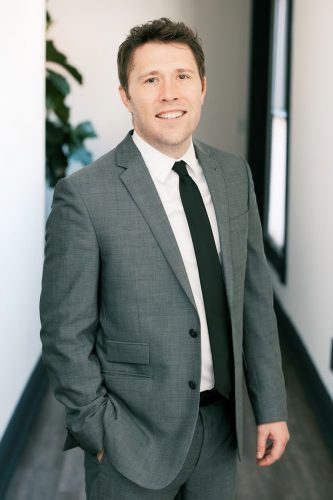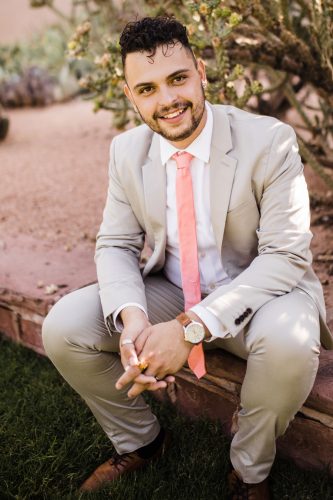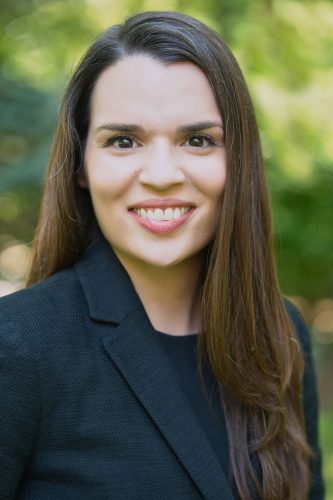Life after Student Senate
Cornell students have been active in self-governance for over a century. In the process they learn about the complex issues that face Cornell and its students, as well as the importance of leadership to address those issues.
Here are three former presidents who leveraged their experiences into their lives after Cornell.
Steve Wieland ’06

President: 2005–06
Job title: Managing Partner, Mooney Wieland Warren
Lives: Boise, Idaho
Why he joined Senate: I have an inexplicable interest in the process of making decisions with people who may not all have the same opinions, but do have the same goal of making a community better.
Career impact: I have a very high-conflict job and often think back to my time in Student Senate in combative situations. I think my experiences made me more comfortable talking constructively with people with whom there is some conflict, so that both sides can find resolution.
Best lesson: During my presidency we implemented Robert’s Rules of Order. Although it is a dense package of rules, it is first and foremost a system for civil discourse. I learned that by orienting debates around issues (rather than people), directing remarks toward the chair of the meeting (rather than other senators), and imposing certain logistical rules (rather than, well, imposing none), things became a lot more pleasant and efficient. I hope the Senate is still using Robert’s Rules! [Editor’s note: It is!]
Majors: Sociology and politics; Spanish minor
Arturo Castillo ’17

President: 2016–17
Job title: Manager of equity and culture at Conservation Voters New Mexico
Lives: Albuquerque, New Mexico
Why they joined Senate: I joined because as a Mexican, queer, and non-binary student I wanted to make sure that current and future Cornellians would be represented not just by Senate but by the institution at large. I knew if I wanted policies and curriculum to change to reflect a more equitable and diverse perspective, it would require working with faculty, staff, and student leaders to better the system from within. I ultimately joined because I knew it would allow me to create positive, everlasting changes on campus and advocate for all my peers, especially those who have been historically marginalized.
Career impact: Being part of Student Senate made a major impact on my current career because I now work in state politics.
Best lesson: I learned that to create positive changes in the world around us, we must not be complacent and stagnant. We must seek discomfort and find areas in which our lives can be improved.
Majors: Psychology and Spanish; civic engagement minor.
Taylor Koch Kinn ’12

President: 2010–11
Job title: Director of Career Communities at Loyola University Chicago
Lives: Wilmette, Illinois
Why she joined Senate: The feeling of wanting to be connected to the Cornell community was pretty immediate for me. Senate started out as a way to get involved with my first-year classmates and became a way for me to play a small role in making the Cornell experience one that was continuously evolving for current and future students.
Career impact: It is because of Student Senate that I met one of my best mentors, John Harp, who was the VP of Student Affairs at the time. Until John encouraged me, I hadn’t considered a career in higher education.
Best lesson: Your reaction to a bump in the road defines your leadership far more than the challenge itself. Senate manages and distributes a large budget and aims to impact all students on campus. I learned a lot about being a leader and finding the strengths of my team to get through difficult moments that I have applied to all my work after leaving the Hilltop.
Majors: Anthropology and sociology, Spanish



